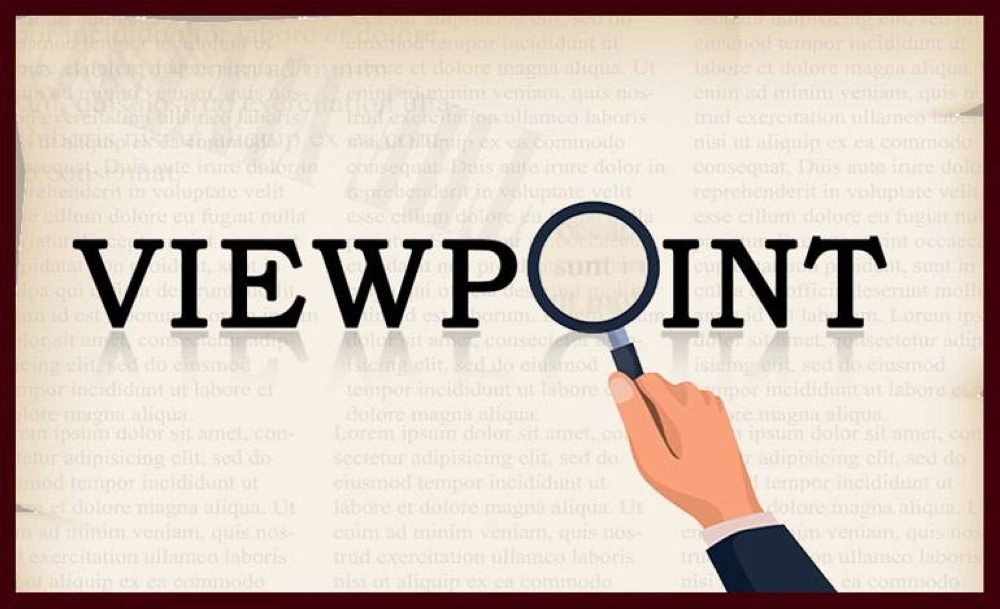With November’s election in the US fast approaching, Democrats continue to debate whether to campaign on the economy or the future of democracy. In fact, research at the Chicago Center on Democracy shows that the two issues are closely connected: high levels of income inequality increase the risk of a democracy sliding into autocracy.
The US is highly unequal, by international standards, and that inequality is partly to blame for the erosion of its democracy. If Democrats can wrest the mantle of economic anti-elitism away from Donald Trump and continue to improve the lives of low- and middle-income Americans, they could help pull the country back from the brink of authoritarianism.
About two dozen countries around the world are experiencing different forms of democratic erosion or backsliding. Most commonly, elected presidents and prime ministers aggrandise their own powers by attacking the press and judiciary, impugning public servants and civil-society groups, and undermining confidence in elections when they lose.
Global analysis of democracies reveals a startling regularity: the more unequal a society, both in terms of income and wealth, the greater the risk of democratic backsliding. National income (GDP per capita) has a smaller effect, while a democracy’s age and the strength of its public institutions have no discernible influence. Inequality is the key factor.
For example, Sweden, which is more equal than 87% of democracies, had about a 4% risk of democratic erosion in 2017. On the other end of the spectrum, South Africa, the world’s most unequal democracy, had a risk of around 30%. As for the US, which remains more unequal than 60% of all democracies (despite recent wealth gains at the bottom of the distribution), the risk was 9%, more than double that of Sweden.
To understand how economic inequality erodes democracy requires a closer look at the differences between the US and Sweden. Most notably, both countries have a prominent right-wing nationalist party. The Sweden Democrats – the Swedish equivalent of the MAGA-dominated Republican Party in the US – have gained support by opposing the country’s relative openness to immigration over the past two decades. They now play an important role in the centre-right governing coalition after finishing second in the 2022 parliamentary election, ahead of traditional conservative parties.
Despite this, Sweden is not displaying the symptoms of democratic erosion that are becoming increasingly pronounced in the US. Politicians do not call the press the “enemies of the people”, attack judges and prosecutors, threaten to purge the civil service, or question the integrity of elections.
Presumably such behaviour would not resonate widely with the Swedish public, because, in a country with a relatively small gap between rich and poor, confidence in public institutions remains comparatively high. Swedes across the board have benefited from the country’s generous welfare state, which the Sweden Democrats have buttressed by pushing for increased social spending in areas like public health and education. Overall, Europe’s nationalist right tends to be more supportive of social policy than legacy conservative parties.
What is strange about America’s would-be autocrat is that his populism is so half-hearted (as well as half-baked). While Trump discourages fellow Republicans from cutting Social Security and Medicare, his messaging on the issue has been inconsistent, and he never misses a chance to call for repeal of the Affordable Care Act.
Since efforts to subvert democratic systems are more likely to succeed in unequal societies, the US and other countries can strengthen democracy by fostering a fairer economy. That means the Democrats don’t have to choose between campaigning on economic growth and equity, on one hand, and the future of democracy, on the other. They are the same fight. - Project Syndicate
Opinion
Inequality spurs democratic erosion
High levels of income inequality increase the risk of a democracy sliding into autocracy

